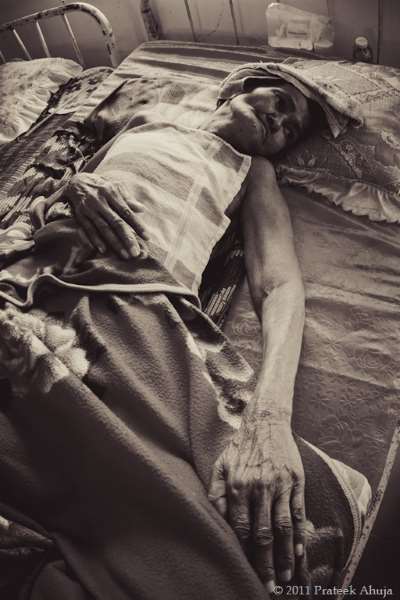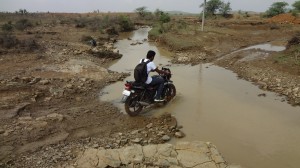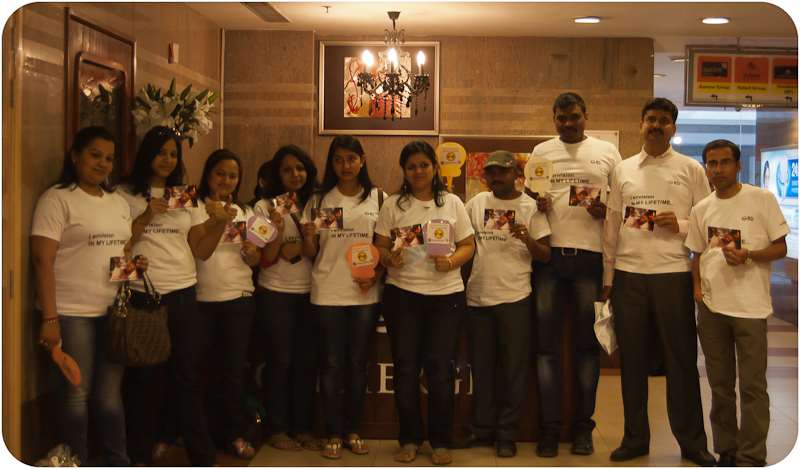
Tuberculosis (TB) is curable, but what about Social Stigma?
Also published on www.onlymyhealth.com. Onlymyhealth.com is a product of MMI Online Ltd which is a strategic online division from the house of Jagran Prakashan, India’s Leading Media conglomerate.
‘India is moving towards urbanization’- this is one statement that I have heard, not once, but again and again in the past few days. I can’t stop myself from questioning this statement. Are we really moving towards scientific and rational thinking? Are we really changing our everyday outlook?
I work for Operation ASHA, a nonprofit dedicated to eradication of TB worldwide. Yesterday, as part of my job, I was roaming the slum-communities of south-delhi to understand the level of awareness of TB amongst the BoP population there. What I understood instead was the terrible impact of social stigma that still prevails in this stratum. It is like termite- slowly eating away all rationality from human minds.

When TB infects a patient, she/he suffers from much more than just a health- disease. As if she/he has lost the right to live their lives. Take the case of Shanti, a 20-year-old mother, resident of churiya mohalla (a slum in south-delhi), who was in a desperate state when she came to our (OpASHA’s) counselor in 2009. She was terribly ill and weak with TB. Her husband had abandoned her and taken her young daughter, leaving her to care for her infant son.
None of her neighbors were ready to even talk to her, let alone help her. She had been completely isolated from all human contact. Although she survived the disease, there are many other Shanti’s in India who do not. Our counselor was able to help her fight the disease and our vocational training programme gave her the opportunity to earn and re-instate her dignity. But, not all Shantis have help at hand. More than 1 lakh women are thrown out of their families, to die of disease and hunger, when they contract TB.
More than 3 lakh children are chucked out of schools when they or one of their parents contracts the disease. One such case was of a 11 year old orphan girl Rihana, who was threatened of eviction from her orphanage when her head-matron found out that she was suffering from TB. OpASHA had to intervene and threaten the supervisor that the matter shall be taken up with the agency that funds the orphanage, only then did they agree to let Rihana stay.
In another case, in a city in Madhya Pradesh, we had a counsellor who went into the community asking if TB was prominent in the area. A social worker, in a state of panic, called up the concerned government official asking if there was an epidemic in the community. The counselor’s only fault being that he asked point-blank questions on TB and did not camouflage his image as a ”health” worker instead of a “TB” worker.
The state of social-stigma in the Indian economy is pitiable. There are tremendous cases where our counselors have had to go and counsel the landlord or the employer or the families of TB patients so that they do not lose their homes or work or family. I cannot help but wonder- Tuberculosis is curable, but what about Social-stigma?
Note: Names of people in this article have been changed to ensure their privacy.
Written by: Hitika Paul Ahuja, Director, Communications Operation ASHA



